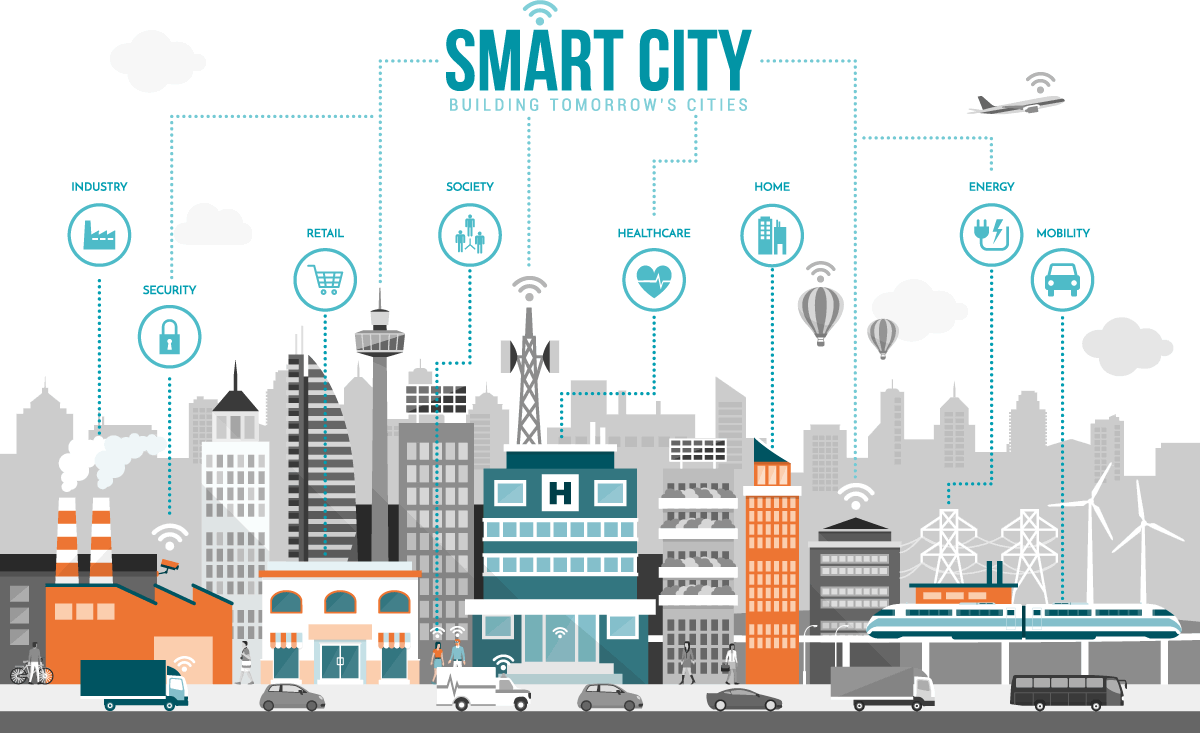Introduction: The Promise of a Smarter Capital
In 2015, the Smart Cities Mission Delhi Smart City 2025 was launched with the vision of transforming urban landscapes across India. A decade later, as the mission concludes in 2025, Delhi stands at a crossroads. With numerous projects initiated under the banner of ‘smart city’ development, the pressing question remains: How much of this transformation is tangible progress, and how much is mere promotional rhetoric?
Smart Initiatives: Tangible Progress in Delhi

1. Intelligent Parking Systems by NDMC
The New Delhi Municipal Council (NDMC) has renewed efforts to implement a smart parking management system across 155 facilities. This initiative aims to introduce Delhi Smart City 2025 real-time vehicle tracking, online payments, and FASTag-based fee collection, enhancing efficiency and user experience. [Source]
2. Delhi Police’s Integrated Complaint App
To modernize crime reporting, the Delhi Police is developing a mobile application allowing citizens to file complaints beyond theft and burglary. Features include speech-to-text support, real-time updates, and multilingual accessibility, aiming to streamline the grievance redressal process Delhi Smart City 2025. [Source]
3. AI-Powered Air Pollution Control
Delhi’s government has introduced an environment action plan integrating AI-enabled systems for monitoring construction sites, mandatory registration for large-scale projects, and deployment of anti-smog guns. These measures aim to combat the city’s persistent air pollution challenges. [Source]
4. Delhi–Meerut Regional Rapid Transit System (RRTS)
The RRTS project, connecting Delhi to Meerut, has seen significant progress. With phases becoming operational, it promises to revolutionize regional connectivity and reduce travel time, marking a substantial infrastructural advancement. [Source]
Areas Where Reality Falls Short
1. Incomplete Smart City Projects
Despite the mission’s conclusion, only 18 out of 100 designated smart cities have completed all mandated projects. Delhi, while making strides, still has several initiatives pending, raising concerns about execution and oversight. [Source]
2. Repurposing of Smart City SPVs

Post-mission, states are repurposing Special Purpose Vehicles (SPVs) initially created for smart city projects. While this ensures continued utility, it also indicates a shift from the original objectives, potentially diluting the mission’s core vision. [Source]
3. Budget Allocations vs. Ground Reality
The Delhi government’s record budget allocation for 2025-26 emphasizes health and sanitation. However, the effectiveness of fund utilization in actualizing smart city goals remains under scrutiny. [Source]
Conclusion: Navigating Between Vision and Execution
Delhi’s journey towards becoming a smart city showcases a blend of commendable initiatives and areas needing introspection. While technological integrations in policing, transportation, and environmental management indicate progress, challenges in project completion and strategic alignment persist. As the city moves forward, a balanced approach emphasizing both innovation and effective execution will be crucial in realizing the true essence of a ‘smart city’.